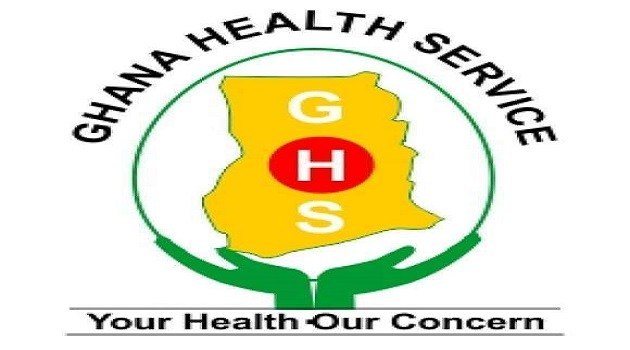Studies have shown that more than 75 percent of blindness and visual impairment that occurred globally were avoidable, as they could either be cured or prevented.
Globally, 253 million people had serious eye problems, of these 36 million are blind, and 217 have low vision (severe or moderate visual impairment), while 124 million others have uncorrected refractive error.
Again, 1.1 billion people globally, have near-vision impairment, and 55 per cent of visually impaired persons were women, with 89 per cent of the visually impaired living in low and middle-income countries,
Dr James Addy, the Head of the Eye Care Unit, and the National Coordination for the Prevention of Blindness, Ghana Health Service, who made these known at a press briefing in Accra, said in Ghana, the prevalence of blindness was 0.74 per cent representing about 224,078 people.
The press briefing was therefore to throw more light on the current status of eye care globally and nationally, and also the scheduled activities for the commemoration of the 2019 World Sight Day to be launched on October 10, at Cape Coast in the Central Region.
Dr Addy noted that Ghana was still grappling with the challenge of low human resource based to provide universal and comprehensive eye care services across the country, although there had been some improvement in the training and retention of eye care workforce.
He said cataract had been found to be the leading cause of blindness in most regions around the world, with others causes being glaucoma, age-related macular degeneration, diabetes and diabetic retinopathy, as well as Trachoma, while these and uncorrected refractive error accounted for high rates of vision impairment.
Dr Addy said the annual commemoration was on the theme: “Universal Eye Health,” with the focus to raise awareness on avoidable blindness and visual impairment as a major public health problem, and further influence governments and Ministries of Health to participate in and set aside funds for national blindness prevention programmes.
The theme further required the need to ensure that all people had access to the needed promotive, preventive, curative and rehabilitative health services of sufficient quality to be effective, while ensuring that people do not suffer financial hardships when paying for these services, he said.
He said as part of the commemorations, there would be free eye screening for special schools in the Cape Coast municipality, and free cataract surgeries for 600 people at the Cape Coast Teaching Hospital, adding that GHS in collaboration with the Ophthalmological Society of Ghana, planned to organise 2,000 cataract surgeries nationwide before the end.
He explained that in this quest the Government through the Ministry of Health and its partners would from November 9 to 30, 2019, host an American Flying Eye Hospital, a mobile teaching and operating eye health facility on board an MD-10 jet aircraft, for three weeks to health strengthen the capacities of Ghana’s health professionals in subspecialised eye care services.
He said some policies, protocols and guidelines have been developed to help address the challenges faced in terms of equitable access to eye care services, the distribution human resources, as well as equipment, medicines, and consumables.
He said other ongoing programmes and activities comprised of the School Health Screening at the Pre-school, and Senior High Schools which included vision assessment, as well as the National Cataract outreach programme which had since 2018 conducted free surgeries for nine thousand Ghanaians with disease.
Mr Martin Ankomah, the Deputy Director of Administration, GHS, urged the media to intensify education to encourage the public to take issues of eye care seriously and report early to health facilities, to prevent avoidable blindness.



